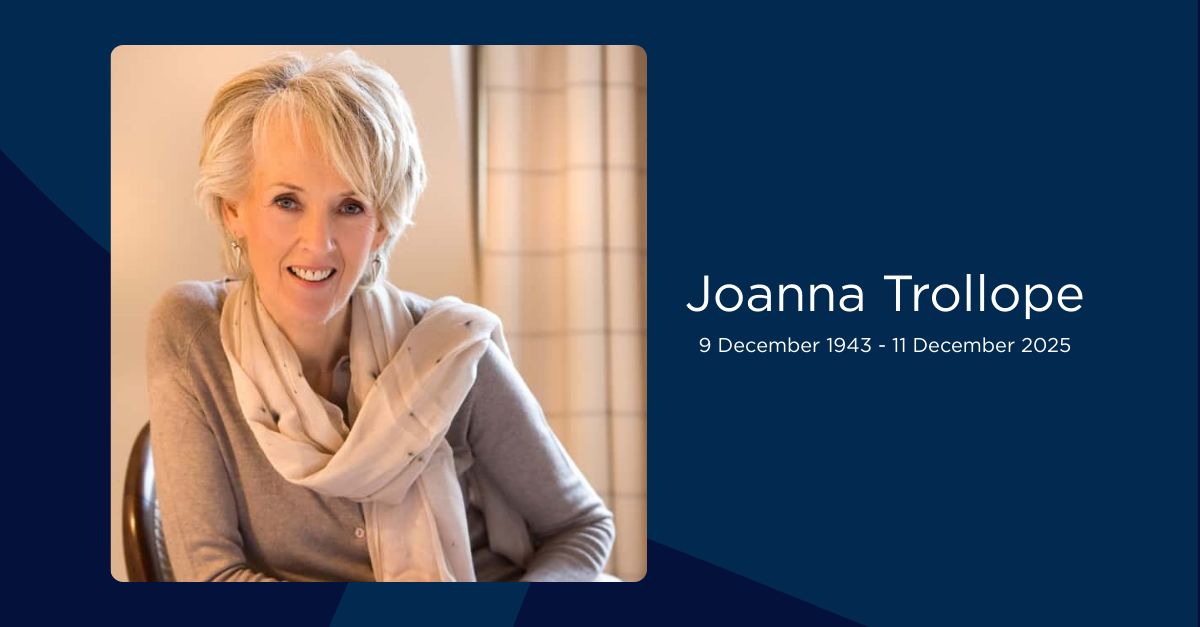I recall meeting a well-known author who told me that he was happily signed-up with his third agent. When I expressed surprise that he had moved agents, he said that he had been told by a fellow author that every successful writer had their ‘first agent, then the wrong agent and only then the right agent.’
At the recent Society of Authors in Scotland AGM one of several enjoyable discussions in the margins of the zoom call was about the need or otherwise for a literary agent. This post is most decidedly not a set of recommendations on how to find an agent. There is plenty of advice out there, most of it very sensible.
In general, that advice says that you need a brilliantly appealing covering letter, three dazzling opening chapters, and a tight synopsis that you will agonise over for weeks or months and which very likely won’t be read at all. For non-fiction it’s a little different – a tempting proposal and some sample chapters, together with that brilliant covering letter.
What follows is my personal experience, and more a warning of what not to do than advice on how to find the right agent.
About twenty years ago I started getting some short stories published, and I thought it would be a good idea to go on an Arvon course to learn how to write novels. The author Barbara Trapido was one of the tutors. She liked my writing and asked if I had an agent. ‘No,’ I said, unsure what an agent was or did. ‘Oh, I know just the agent for you,’ she said. ‘You should get in touch with him.’
I was so naïve that I simply phoned the agency, Rogers, Coleridge and White, and asked to speak to David Miller. In what I now realise was something of a fluke I was put through to him and he said with a flourish, ‘Well, if Barbara likes your work, then I’m sure I will,’ and he signed me up without, if I recall rightly, even reading my work.
It became apparent to us both after a few years that we were not right for each other.
David, who very sadly died at the age of only fifty in 2016, subsequently taught me a good deal about the book trade and was always wonderful company. However, it became apparent to us both after a few years that we were not right for each other. I wrote two dreadful novels in the time he represented me, which he submitted to editors, bless him, and which were not published, (also a blessing, in retrospect).
I returned to work full time, parted very amiably with David, and in the margins of my teaching job wrote an academic book for which I didn’t need an agent, and which was published by Palgrave Macmillan.
In 2015 I was introduced to my second agent through a writing friend who was just about to have her first novel published. That agent, having liked the chapters I’d sent her, then asked for the full manuscript and I had to confess that such a thing did not exist.
She waited patiently for the rest and then spent about two years working incredibly hard on edits with me before submitting to publishers. It came very close to acceptance, which was a testament to the work she had put in. We both knew something was not working in my writing, but neither of us quite knew what that something was. We parted on friendly terms in 2018.
In 2019 I found a mentor, the writer Liz Jensen, through the services of the excellent Curtis Brown Creative with whom I’d done a novel-writing course. Liz quickly saw the need for each of my characters to have much more of an emotional core, and she helped me to make that emotion visible to the reader.
In 2020, again through a recommendation from a fellow writer, I found my third agent – the ‘right agent’ – David Headley. David agreed to represent me as soon as he read the novel and within a week had sold it on a pre-empt to Transworld. The Second Sight of Zachary Cloudesley will be published by Doubleday on 2 June 2022.
What conclusions, if any, should anyone draw from my trio of experiences?
Firstly, when seeking an agent, it’s important to consider who will be the right agent for you, for the agent’s good as well as your own. The thrill of finding yourself represented can quickly sour for both parties if the agent isn’t committed to your work, or if you feel they are not representing your best interests.
Secondly, although it’s not out of the question to find an agent by writing to them ‘cold’, it is infinitely better to have an introduction, perhaps from an existing client or from someone else in the industry. Meeting agents at festivals, SoA and other talks and events, including over Zoom, is a good opportunity to (lightly!) pitch your work. If an agent is at all interested they will ask you to send in a sample (typically three chapters) and will usually get back to you fairly quickly.
Thirdly, make sure your novel (if that’s what you’re writing) is complete, edited, and ready. If an agent likes the first two or three chapters, they will want to see the rest straight away, and if they like that they will offer to represent you and may well want to submit to publishers quickly.
And, finally, persist. It’s the most important thing of all!
About Sean Lusk
Sean Lusk is an award-winning short story writer, winner of the Manchester Fiction Prize, the Fish Short Story Prize and runner-up in the Bridport and Tom-Gallon Trust prizes. He has lived in Greece, Pakistan and Egypt, working variously as a gardener, speechwriter and diplomatic official. He now lives near Forres on the Moray Firth. His novel The Second Sight of Zachary Cloudesley will be published by Doubleday in June 2022.
You can find Sean at www.seanlusk.com or on twitter @seanlusk1





